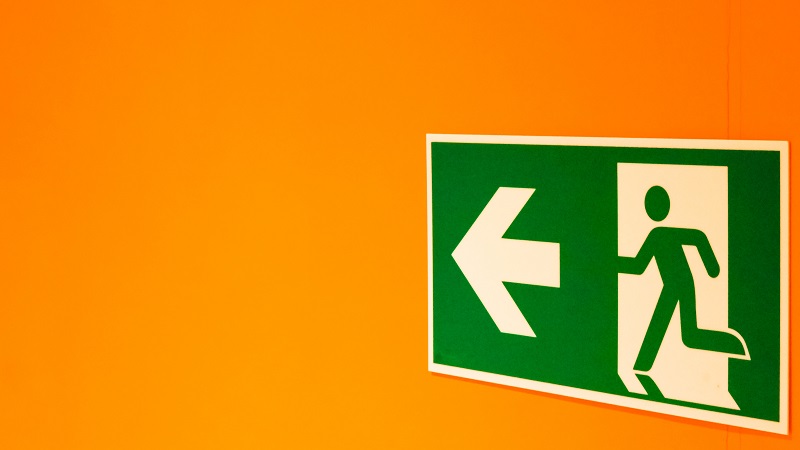One of the lead managers on Aberdeen Standard Investments’ Global Absolute Return Strategy has resigned.
In a Linkedin post, Neil Richardson said he had decided to step away from the fund group of his own accord, after nearly a decade, and was “looking for a new challenge”.
Richardson was one of four portfolio managers on the £3bn Gars fund alongside Katy Forbes, Scott Smith and Thomas Maxwell. In total the Gars team manages £10bn in assets, most of which is UK wholesale and institutional money.
Previously he was head of UK equities at Ignis Asset Management, which was absorbed by Standard Life Investments in 2014, and has also held roles at Citi and Threadneedle Asset Management.
‘I felt I was beginning to lose motivation’
Richardson said working on Gars had been “exciting, stimulating, and a privilege” but that he needed a change.
“I still love working in financial markets, and there are many talented individuals at ASI with whom I was lucky enough to be able to exchange thoughts,” he wrote.
“However, for several reasons, I felt that I was beginning to lose motivation and to underperform against my own expectations. I have therefore decided that it is time for me to leave, and find a new job in a different company.”
ASI lines up Richardson’s replacement
ASI confirmed Richardson’s departure and told Portfolio Adviser Alistair Veitch would step up to join the Gars portfolio management team.
Veitch has more than 20 years’ experience in equities and emerging markets and has a similar background to Richardson’s that is “highly complementary” to the existing Gars team, the spokesperson said.
Gars has had a chequered past. Under the Standard Life Aberdeen name, it ranked as the UK’s largest fund in 2017 at £21.6bn. However in the following years it suffered a mass exodus as performance soured and by the end of 2020 had shrunk to just £3.7bn.
See also: End of an era for mega absolute return funds as investors pull billions during Covid crisis
Despite being battered by redemptions, with investors pulling over £1.1bn amid the Covid pandemic in 2020, Gars has seen a pickup in performance. On a three-year view it has returned 8.6% compared to the IA Targeted Absolute Return average of 5.8% though it still trails peers over one and five years.










